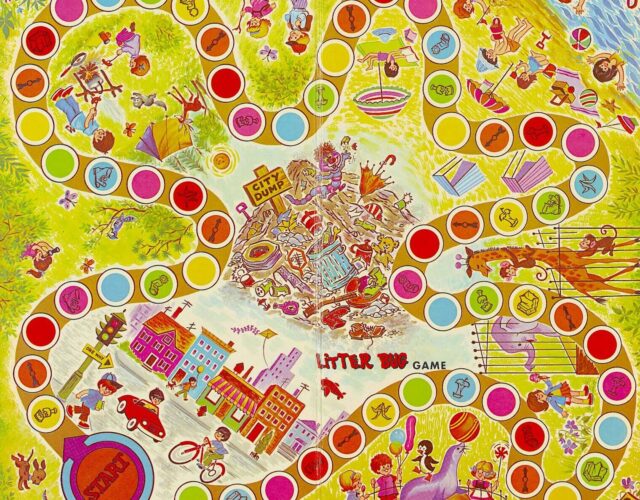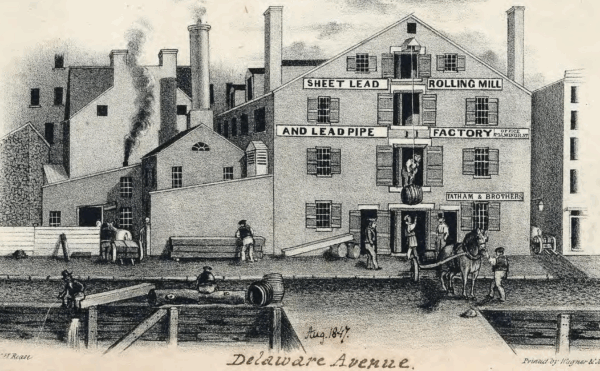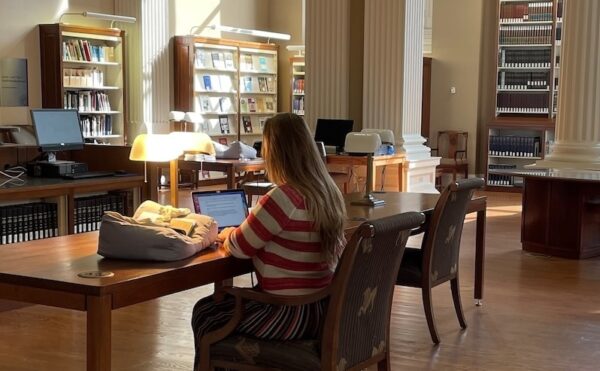First Friday: Playing Dirty

Drawn from new acquisitions, Playing Dirty explores the boom of environmentally themed board games, role-playing simulations, and learning tools in the 1970s, a time of increased environmental awareness among the public.
By the start of the decade, we’d heard about the dangers of pollutants in Rachel Carson’s Silent Spring. On the news we’d seen oil covering the beaches of Santa Barbara, California. And in Washington, the federal government established the Environmental Protection Agency. The games on display on the façade of our building show how those environmental concerns spread to dining room tables and classroom desks through the act of play.
Join us for an evening filled with sewage, smog, and species both invasive and endangered. We’ll see (and play!) board games, hear a curator’s talk, and enjoy hands-on activities in our museum galleries.
Light refreshments will be served. Registration requested, but drop-ins are welcome.
About First Fridays
Spark your curiosity while exploring the exhibits after hours! First Fridays bring together a myriad of activities covering everyday science, historical oddities, and everything in between. Grab your friends, and kick off an evening of discovery, surprise, and a little nerdy fun.
First Fridays at the Institute are always free and open to the public. Attendees will receive a 10% discount to National Mechanics restaurant.
More events
Stories of Science: We ❤︎ Chemistry!
Join us in our museum EVERY SATURDAY for a family-friendly program that highlights strange and surprising stories from the history of science!
Philadelphia: Workshop of the World
Join us for March First Friday as we unveil Philadelphia: Workshop of the World, the latest exhibition from our A Closer Read series.
Othmer Library Tour
Curious about the other half of the Science History Institute? Step into the Othmer Library of Chemical History!



